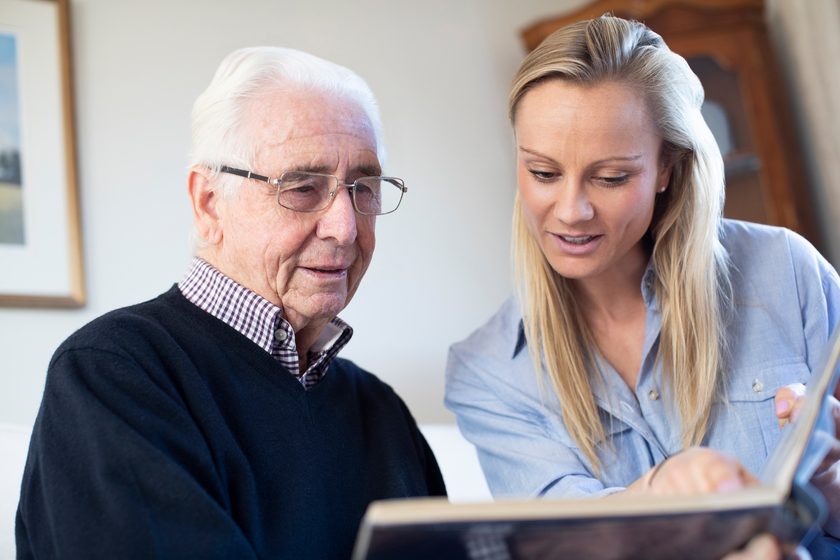As a caregiver, you know that dementia can be an isolating experience. You’re not alone if you feel like your loved one is slipping away from you and into their world. However, there are many resources out there that can help make this journey easier for both of you. Here are four tips for building a support network after a loved one has been diagnosed with dementia:
- Contact Dementia Specialists
A dementia specialist can help you understand the disease and how it affects your loved one. They can also help you find services that can support both of you, and they can provide emotional support for you during this difficult time.
A dementia specialist is an expert on the condition trained to diagnose, treat, and provide a treatment plan for the patient with Alzheimer’s or any other type of dementia. Suppose your loved one has been diagnosed with Alzheimer’s or another form of dementia. These specialists can give you valuable advice about how best to deal with the disease and its symptoms, including memory loss and behavioral changes such as aggression or depression.
- Set Up a Support Group with Friends and Loved Ones
The next step to help you and your loved ones is to create a support group. This can consist of friends, family members, and neighbors who will be there during difficult times.
Setting aside time to talk with each other about what your loved one is going through and how they feel is critical in making them feel involved. You should also discuss ways that everyone can help each other during this stressful time.
Perhaps you want your support group to meet in person at one location. Older people are especially vulnerable. That means you must ensure it’s a safe place where no one will feel uncomfortable or threatened by others.
Alternatively, for those who live far away from each other or have busy schedules but still want some form of communication between members of their support group—you could opt for an online chat platform like Zoom or Skype!
Join Online Communities
One way to meet others with similar interests is by joining an online community. There are many of these on social media, and they can be a great way to connect with people who have been through similar experiences.
Online communities can also be an excellent place to get advice from those going through your situation. Try to look for one that has both types of members: those who share your interest and those who have experienced dementia themselves.
Find a Senior Community That Can Help
As you can imagine, it can be a challenge to find the right place for your loved one when they start showing signs of dementia. But if you’re lucky enough to have access to a senior community, this is the best place for them to live their golden years.
Senior communities have trained staff specifically trained in working with dementia patients. They have activities tailored to residents and provide support networks for caregivers. This allows them time away from their duties without feeling guilty about leaving their loved ones alone.
Conclusion
We hope that by learning how to build a support network for your loved one with dementia, you’ll be able to provide them with the best care possible. It may seem daunting at first, but don’t worry! This guide has given you everything you need to know about finding resources and connecting with others going through similar experiences. So what are you waiting for? Get started today!







